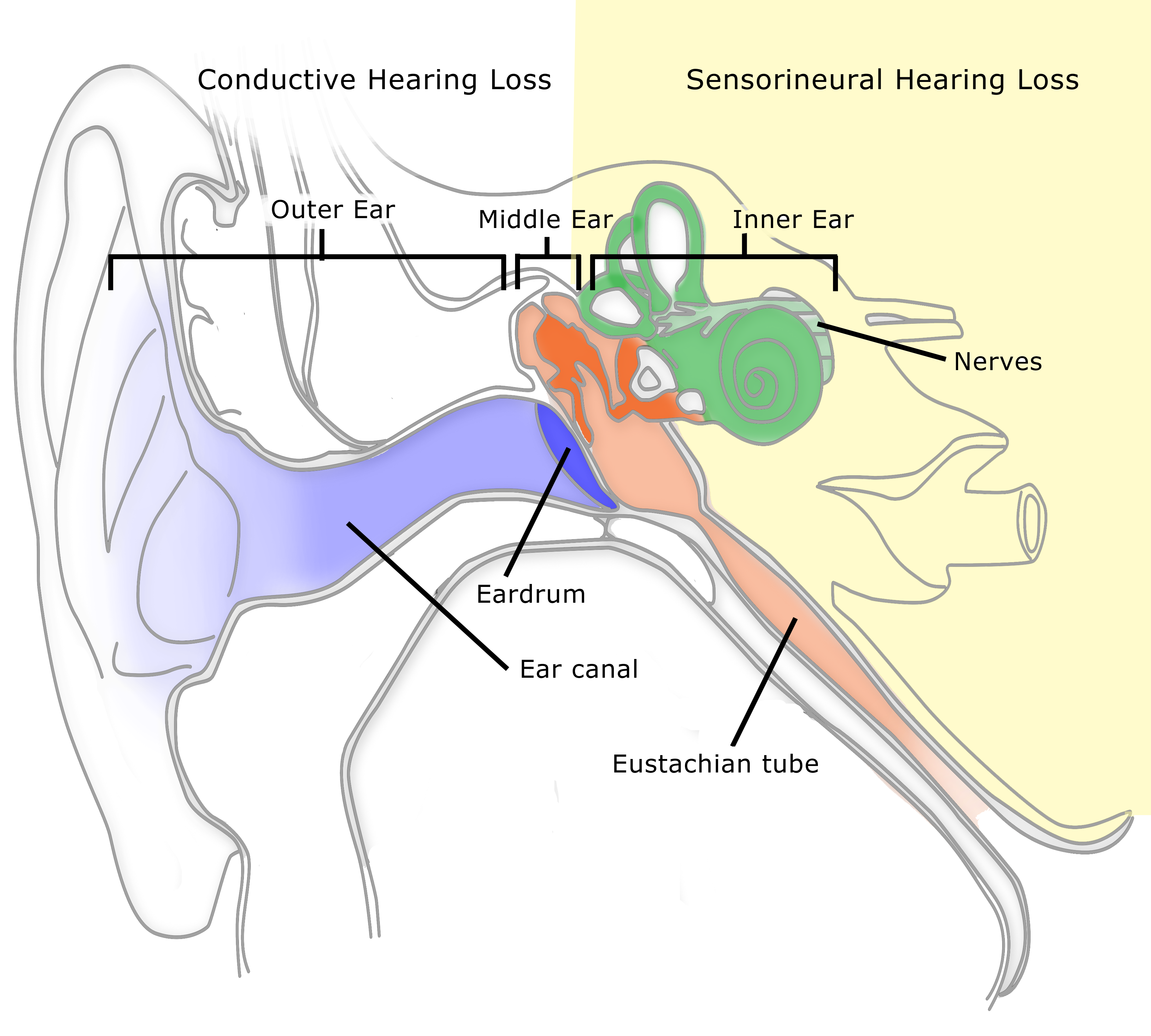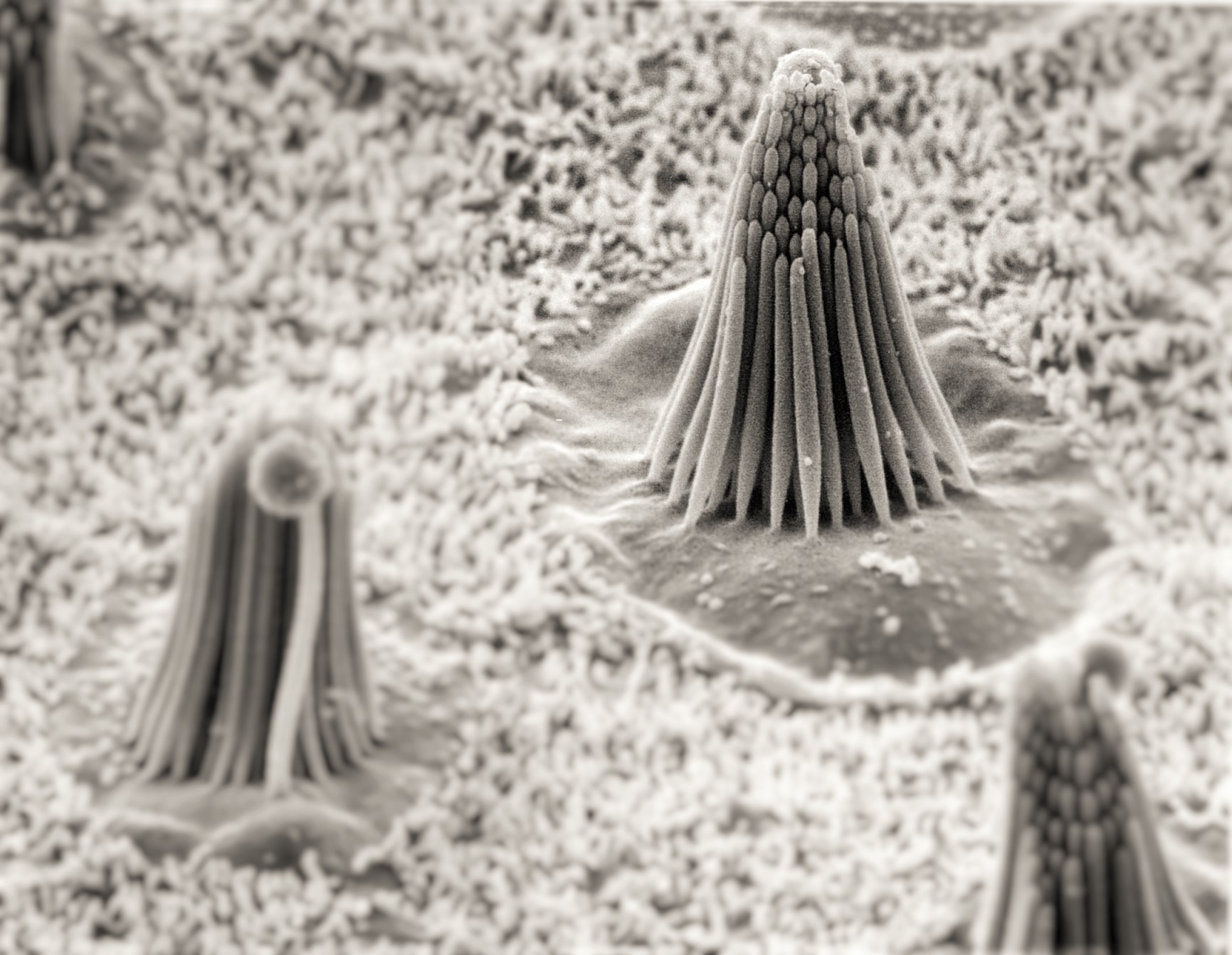Vets: See the Veterans Administration for Hearing-Related Problems
Many Americans who could benefit from using hearing aids hesitate because of the high cost. Government-sponsored Medicare does not cover hearing aids, and Medicaid recipients may be assisted– under certain conditions–in only about half of the states. Even private health insurance rarely covers hearing aids. 1
That’s why you should know about this important exception:
Veterans with service-related hearing damage can receive hearing assessment and assistance (including hearing aids) at reduced or no cost at VA facilities.
In fact, hearing problems including tinnitus (a ringing or other noise that originates in the head) are the service-connected disabilities most reported by veterans.
If you are a veteran or know a veteran who may have hearing problems, ask about this benefit. To make it easier, we have provided links to information and assistance below.

Q: How does the VA determine eligibility for treatment?
A: All veterans have access to audiological treatment. Veterans whose hearing disability is shown to be service connected can get hearing aids at reduced or no cost. (See http://www.military.com/benefits/veterans-health-care/va-provided-hearing-and-vision-benefits.html.)
Q: How can I get treatment?
A: To establish eligibility, you should first fill out the 10-10EZ form. Then:
- Apply in person at your nearest VA medical center or clinic (find a VA medical center or clinic near you). Bring the completed 10-10EZ with you. OR
- Mail the completed form to the VA (do not e-mail) at: Health Eligibility Center, 2957 Clairmont Rd., Suite 200, Atlanta, GA 30329.
If you need help with your application, call the vets.gov Help Desk at 855-574-7286, open Monday through Friday, 8:00 a.m. to 8:00 p.m. (ET). 2
Q: What audiology services does the VA provide?
A: VA medical centers and outpatient clinics conduct hearing screenings, hearing aid fittings, hearing rehabilitation, and tinnitus assessment. They can provide hearing aids, FM systems, cochlear implants, tinnitus maskers, and other auditory equipment. VA physical therapists and audiologists help with dizziness/balance problems. Many other audiology services are provided by the VA. 3
Q: Does the VA conduct research on service-related hearing damage?
A: Yes. One of the most valuable hearing-related services the VA provides is ongoing research on ways to prevent, diagnose, and treat hearing loss. Since the 1990s, VA studies have included improving the performance of hearing aids in quiet and noisy environments; managing tinnitus; and dealing with the economic, communication, and social problems that are associated with service-related blast exposure and tinnitus.
In 1997 the VA established the National Center for Rehabilitative Auditory Research (NCRAR) to study veterans’ hearing problems and develop treatments. Some NCRAR research has resulted in improved hearing aids and better management of tinnitus. A study of veterans exposed to blasts in Iraq and Afghanistan looked at the relation of the resulting traumatic brain injury (TBI) to hearing/vision impairment, as well as difficulty understanding speech or in certain environments even without the presence of actual hearing loss. 4
If you have served or care about someone who has served, please take advantage of the many benefits the VA offers to veterans with or without service-related hearing damage. Millions of Americans suffer from untreated audiological problems. It’s good to know that help is available for those who have served our country.
References
1 https://www.medicare.gov/coverage/hearing-and-balance-exam-and-hearing-aids.html and http://www.hearingloss.org/content/medicaid-regulations
2 https://www.va.gov/HEALTHBENEFITS/apply/
3 http://www.prosthetics.va.gov/factsheet/Audiology-FactSheet.pdf
4 http://www.research.va.gov/topics/hearing.cfm
For More Information























Leave a Reply